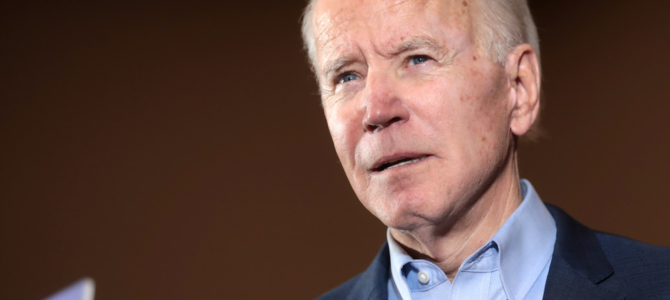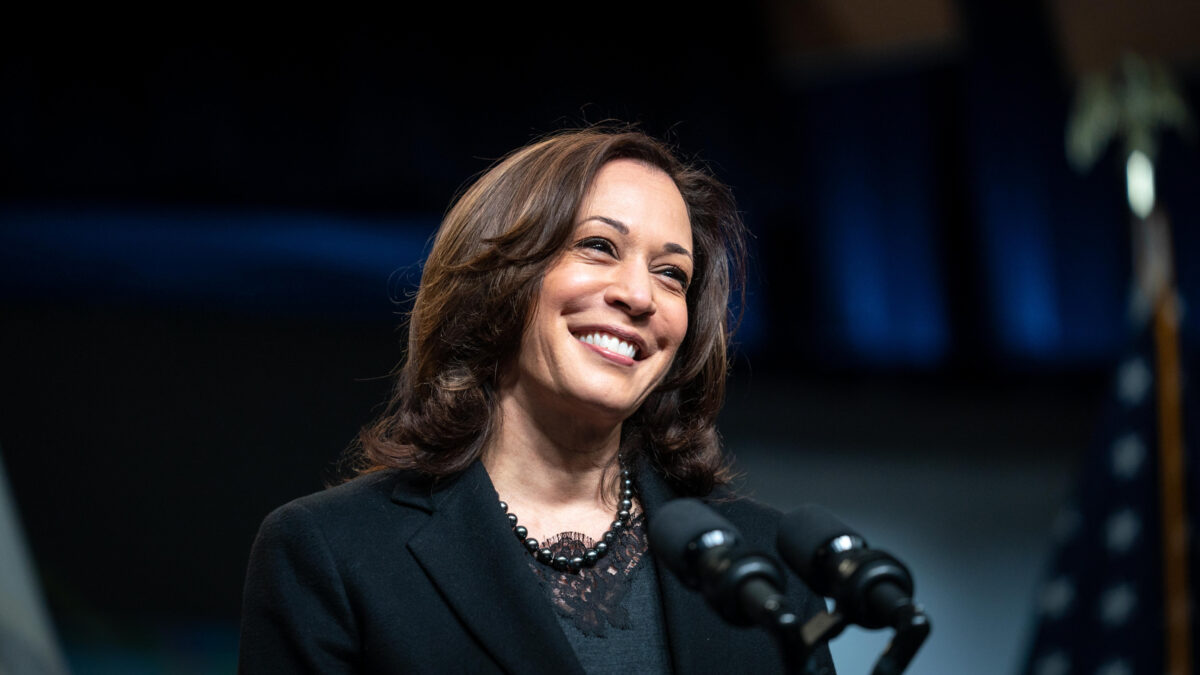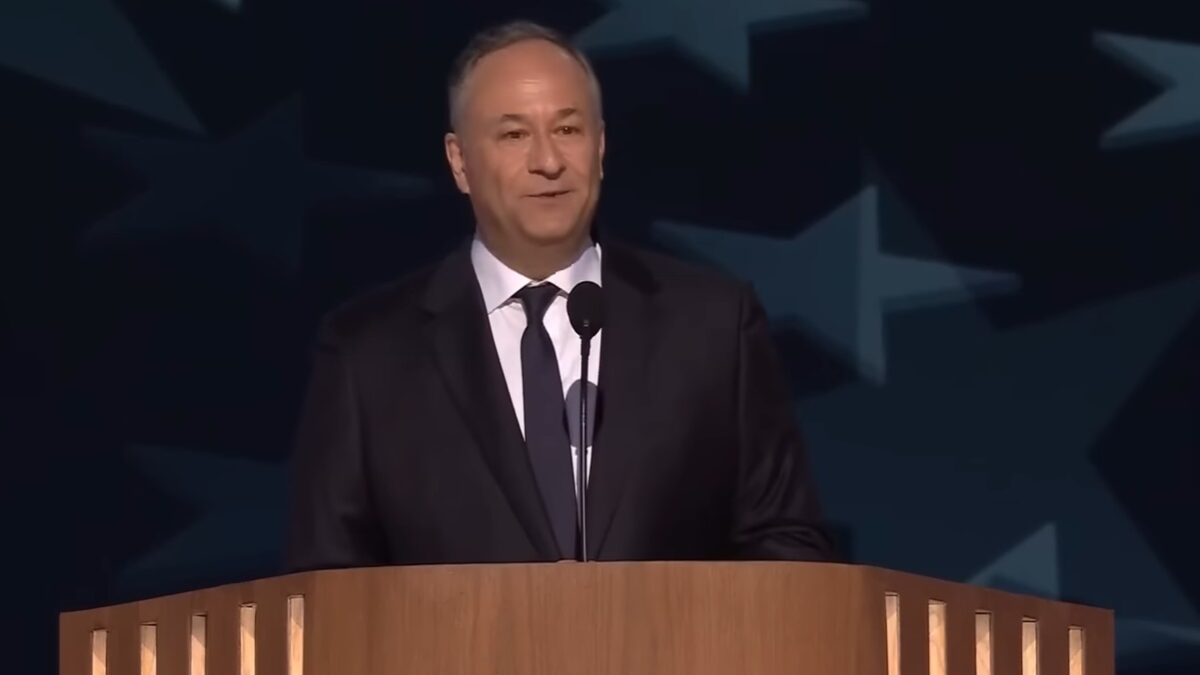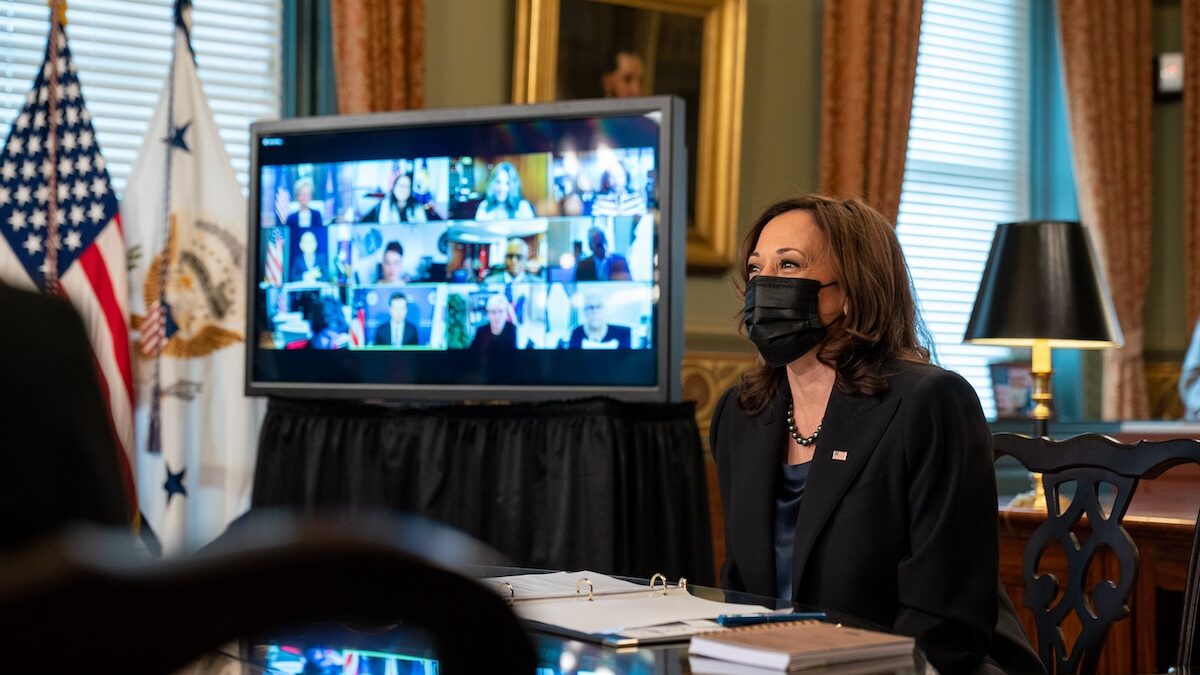
If the 2016 election revealed the limitations of old media, laying bare the power of unfiltered media use by Donald Trump paired with the inability of crippled institutions to haul their favored and deeply unpopular candidate over the finish line, 2020 may establish the new gatekeepers to America’s political debate. As a cultural factor, it matters more what Barstool Sports’ Dave Portnoy has to say about government lockdowns than virtually any politician. Mega-podcaster Joe Rogan’s opinions matter more than anyone on cable news. And as Joe Biden found out this weekend, you do not disrespect Charlamagne Tha God.
Most of the attention focused on Biden’s Friday interview was on his certainly memorable gaffe — first spun as a joke, later followed by an apology — that feels like it will dog him for the rest of this cycle. Here was the exchange:
‘Well I tell you what, if you have a problem figuring out whether you’re for me or Trump, then you ain’t black.’
Charlamagne responded by saying ‘it has nothing to do with Trump,’ but that rather ‘I want something for my community.’
‘Take a look at my record, man,’ Biden responded. ‘I extended the Voting Rights Act 25 years. I have a record that is second to none. The NAACP has endorsed me every time I’ve run. Come on, take a look at my record.’
First, the NAACP has actually never endorsed Biden, as they do not endorse candidates. And second, that record he references as “second to none” is exactly what Charlamagne was concerned about, particularly Biden’s 1990s crime bill. These are completely justifiable questions, and Biden’s dismissive attitude toward them, and toward Charlamagne, is the real problem for the candidate and his campaign.
“The Breakfast Club,” Charlamagne’s radio show, became a regular stopping point for 2020 candidates during the Democratic primary not just because of the size of its listenership but because of the intensity of his following and the diversity of his audience. Multiple major Democratic candidates gave Charlamagne time for lengthy interviews where they faced challenging questions, leading to more than one tough back and forth.
Now that he’s the presumptive nominee, Biden’s campaign wasn’t interested in giving Charlamagne any more time than absolutely necessary. Twice an aide tried to cut off the interview, prompting the host to express frustration — which led directly to the gaffe.
An aide tried to cut off the interview after 11 minutes because Jill Biden needed the office to do her own livestreamed event, but Biden agreed to stay on longer.
After 18 minutes, the aide interjected again, leading Charlamagne to say jokingly: ‘You can’t do that to black media.’
‘I do that to white media and black media because my wife has to go on at 6 o’clock,’ Biden said, looking at his watch: ‘Uh oh. I’m in trouble.’
‘Listen, you’ve got to come see us when you come to New York, V.P. Biden,’ Charlamagne said. ‘It’s a long way until November. We’ve got more questions.’
‘You’ve got more questions?’ Biden replied. ‘Well I tell you what, if you have a problem figuring out whether you’re for me or Trump, then you ain’t black.’
Biden’s supporters in old media quickly attempted to spin the “you ain’t black” comment. The Washington Post’s Jonathan Capehart as a casual joke, while The New York Times’ Nikole Hannah-Jones and The Atlantic’s Jemele Hill both defended Biden’s comment as making a justifiable distinction between people who are “racially black” and “politically black.” As David Marcus notes:
Setting aside the weird rhetorical pirouette [Jones] makes in the response, basically saying “you not understanding my point proves my point,” let’s look at what she has to say about Biden. She is NOT defending him. That is made clear. But then she goes on to say that what he said about black voters is actually true. So, then, why isn’t she defending him? It’s because she is allowed to say it but old white Joe isn’t.
But that spin won’t gain much traction, certainly not with Charlamagne, who joined Joy Reid this weekend to say that should Biden select a white woman as his running mate, it could bring about “voter depression.” “You can’t act like this is the most important election ever, but run a campaign from your basement and, you know, not make some real policy commitments to the black community. Not listening to some of the demands that the black community are making.”
In past elections, politicians could operate under the illusion that by talking to the establishers of The Narrative guiding public opinion at old-guard publications could accomplish their goals. That’s impossible now. You can have all the defenders at The New York Times, The Washington Post, and The Atlantic you want. But it really doesn’t matter by comparison to the influence of the new gatekeepers, who, unlike the old and tired media institutions, have a relationship with their audiences built on trust and respect.









